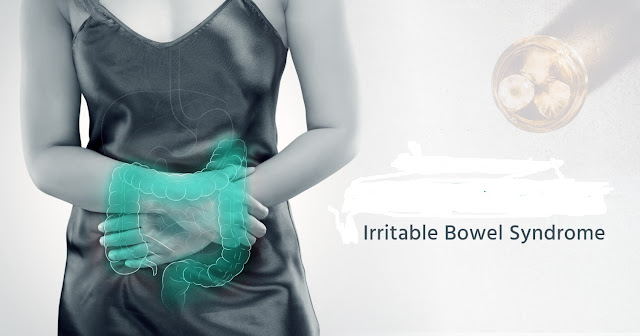What is Irritable Bowel Syndrome Caused By
.
What is irritable bowel syndrome caused by? It is a pattern of recurrent bouts of abdominal pain and abnormal bowel motility.
Symptoms of Irritable Bowel Syndrome
This can cause things like constipation or diarrhea or a mixture of the two and oftentimes the abdominal pain improves after a bowel movement.
Although it sounds similar IBS is different from inflammatory bowel disease or IBD which involves some of the same IBS symptoms but also includes inflammation ulcers or other damage to the bowel whereas IBS does not involve these and instead can be thought of as a functional disorder.
What Causes of Irritable Bowel Syndrome
Right now the underlying biological mechanisms that produce the symptoms of irritable bowel syndrome aren't well understood so most research is focused on these key symptoms of abdominal pain in abnormal bowel motility.
Visceral Hypersensitivity
With regard to abdominal pain, a lot of people with irritable bowel syndrome have visceral hypersensitivity which means that the sensory nerve endings in the intestinal wall have an abnormally strong response to stimuli like stretching during and after a meal.
This visceral hypersensitivity might explain why people with the disease experience recurrent abdominal pain. With regard to abnormal bowel motility, the underlying mechanism is a little less clear.
Lactose and Fructose
In addition to triggering visceral hypersensitivity which causes pain that excess water can also cause the smooth muscles lining the intestines to spasm and create diarrhea if the excess water is not reabsorbed back into the body.
The unabsorbed short-chain carbohydrates are often metabolized by gastrointestinal bacterial flora which produces gas that could trigger even more bloating spasm or pain.
Now there are also epidemiologic clues as well for example in North America irritable bowel syndrome is most common among middle-aged women but in other parts of the world, it affects both sexes equally.
Acute Gastroenteritis
Also, one important risk factor is having a bout of acute gastroenteritis for example from norovirus or rotavirus. But also another risk factor is being stressed and both of these seem to be triggers for developing irritable bowel syndrome in many individuals.
Since the mechanism of irritable bowel syndrome is still unclear most treatments target the symptoms this includes things like diet modification like avoiding certain foods like apple beans in cauliflower all of which have short-chain carbohydrates.
In addition to treating constipation soluble fiber stool softeners and osmotic laxatives can help. Whereas for gastrointestinal spasms in pain, anti-diarrhea like serotonin antagonists and antimuscarinic medication can help.
What Helps Irritable Bowel Syndrome
Finally managing things like stress and controlling feelings of anxiety and depression can all help symptoms of irritable bowel syndrome.
Okay as a quick recap patient with irritable bowel syndrome have recurrent abdominal pain with constipation or diarrhea or a mixture of the two and the pain is usually relieved after bowel movements.
Underlying Cause
The underlying pathophysiology though isn't well understood but seems to be related to visceral hypersensitivity and abnormal bowel motility. And triggers or risk factors include short-chain carbohydrates bouts of acute gastroenteritis and stress.



